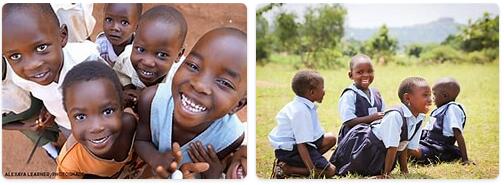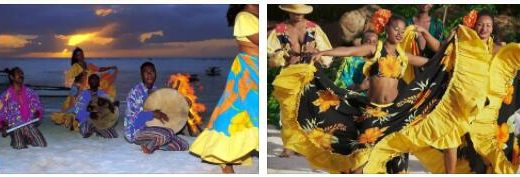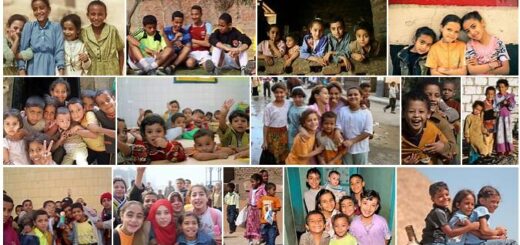Democratic Republic of the Congo 2014
Yearbook 2014
Congo. The explosive situation in eastern Congo (Kinshasa) continued during the year. Among the biggest threats to peace were the Ugandan guerrilla Allied Democratic Forces (ADF), which was believed to be responsible for killing a colonel in the government army in the Northern Kivu province in January. The members of the ADF are predominantly Islamists. In July, the UN imposed sanctions on the movement for kidnapping and recruiting children used as soldiers. The ADF was also charged with serious assault on the civilian population, including murders, mutilations and serious sexual violence. In October, a massacre of fifty people was reported near the city of Beni in North Kivu, and ADF was identified as a perpetrator. Later that month, popular protests erupted against the UN force MONUSCO that failed to protect the civilian population. The head of the UN operation, the German Martin Kobler, defended himself with the fact that UN soldiers cannot be present in every village in the country. In June, on the other hand, Kobler apologized for the fact that MONUSCO did not react faster to prevent a massacre in South Kivu when some 30 people were killed. The villagers had, according to human rights organization Human Rights Watch, appealed to the UN force for protection. MONUSCO’s mandate was extended in March by one year.
In the spring, the hutumilis Democratic forces for Rwanda’s Liberation (FDLR), with bases in eastern Congo (Kinshasa), said they were willing to lay down arms and enter into a dialogue with the Tutsi regime in Rwanda. In July, at a meeting in Angola, the foreign ministers from southern and central Africa decided to cease military action against the FDLR for six months to enable disarmament.
In June, it was reported that Congolese soldiers were at war with Rwanda allies. Both countries blamed the incident on each other.
It was also violent in the province of Katanga in the southeastern part of the country. In January, new battles arose between the army and the rebel movement Mai Mai Kata Katanga, who say they are fighting for an independent Katanga. At least 26 people were killed in the big city of Lubumbashi. The following month, the UN decided to reinforce the peacekeeping force already in place in Katanga. Severe abuses against the civilian population block the refugee streams that have been going on since 2012.
The violent situation in the Central African Republic also affected the Congo (Kinshasa). On the one hand, there were reports that both parts of the former Central African army as well as rebels from the Séléka movement had entered Congolese territory, and it was estimated that close to 70,000 refugees had applied from the Central African Republic to the Congo (Kinshasa).

DR Congo population in 2020 is estimated at 89,561,414. 60,000 Congo (Kinshasa) citizens who emigrated to Congo (Brazzaville) returned to their home country after being threatened with deportation as part of a campaign against criminals. According to the foreign ministry in Kinshasa, many of those who retreated across the Congo River had valid papers but had these destroyed by the Brazzaville police.
In June, the oil company SOCO International announced that a exploration project had been closed so far in and around Virunga National Park. This is since reports of threats and harassment have been directed at the park staff, among others. Virunga is listed on UNESCO’s World Heritage list and is one of the places where mountain gorillas still live.
According to topb2bwebsites, in March, the trial against Germain Katanga was concluded at the International Criminal Court (ICC) in The Hague. Katanga, who is believed to have been the supreme leader of the militia Ituri’s Patriotic Resistance Movement (FRPI), was charged with war crimes and crimes against humanity committed in 2003 in the Ituri region of northeastern Congo (Kinshasa). Katanga was convicted of murder, assault on civilian population, harm and looting. He, on the other hand, was acquitted of allegations of sex slavery, rape and use of child soldiers. The sentence was set at 12 years in prison.
In August and September, demonstrations were held in several parts of the country against the regime’s plans to try to change the constitution so that President Joseph Kabila can run for more terms in office.
An outbreak of Ebola fever, with no link to the epidemic in West Africa, was reported in August. Up to the beginning of October, nearly 50 people died in the disease.
In October, it was announced that gynecologist Denis Mukwege, known for his work on rehabilitation of raped women and children in Bukavu in eastern Congo (Kinshasa), was awarded the Sakharov Prize for Freedom of Thought. The prize is awarded by the European Parliament.


